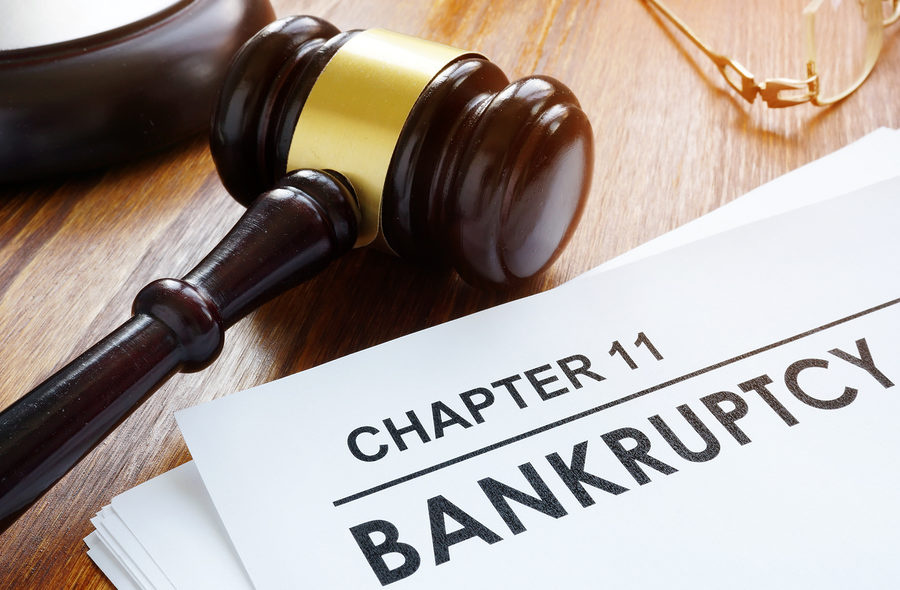For the most part, business bankruptcy, also known as Chapter 11 Bankruptcy, has not been a viable option for most struggling small businesses. The process can be long and complicated, and the costs associated with filing under Chapter 11 of the U.S. Bankruptcy Code have kept most small businesses out of this option, leaving them to either pursue a personal bankruptcy under Chapter 7 or Chapter 13 or to close their doors completely. However, the Small Business Reorganization Act (SBRA), which officially took effect two months ago, has taken away some of these barriers, opening the possibilities for Chapter 11 filings for small businesses.
Originally, the SBRA applied only to businesses or sole proprietors with less than $2.7 million in debt. However, when the coronavirus (COVID-19) crisis hit in March, Congress temporarily increased this debt cap to $7.5 million in debt, opening the doors to many more businesses to take advantage of the SBRA.
The SBRA has also streamlined Chapter 11 reorganization procedures. In traditional Chapter 11 bankruptcy cases, the bankruptcy trustee would step in and assume control over the business, meaning the business owners would be giving up a stake in reorganization, unless all debts were repaid in full. Now, the business owner will have more say in how the business debts are handled via the reorganization plan. Additionally, business owners will be able to keep their equity in the business so long as they distribute any disposable income to business creditors over the course of three to five years.
Under Chapter 11 Subchapter V, the SBRA has simplified how creditor objections are handled. Normally, in a Chapter 11 case, a bankruptcy judge must approve the reorganization plan, which only happens about 25 percent of the time due to creditor objections. The newer plan makes the process much easier, allowing reorganization plans to be approved by only allowing debtors and not creditors, to propose reorganization plans to the court.
The costs of proceeding under Chapter 11 Subchapter V are also much less than in traditional cases. Not only does the SBRA eliminate the requirement for a separate disclosure with background of the case, but it also eliminates the automatic creation of creditors’ committees. Normally these committees include creditor attorneys and other professionals, all who have fees that must be paid by the debtor business. By eliminating these steps and costs, the process is much more reasonable for smaller businesses.
To utilize these new provisions under Subchapter V, the small business filer must choose or elect to proceed under this provision. Otherwise, the case will proceed under traditional routes. For now, bigger companies can use this Subchapter, as well, but since the debt cap will eventually go back down to the smaller amount, this fact could quickly change. According to the law, the cap will go back to $2.7 million after one year’s time, on March 27, 2021.
Please click here to read more.
If you have questions on this topic or are in financial crisis and considering filing for bankruptcy, contact an experienced Miami bankruptcy attorney who can advise you of all of your options. As an experienced CPA as well as a proven bankruptcy lawyer, Timothy Kingcade knows how to help clients take full advantage of the bankruptcy laws to protect their assets and get successful results. Since 1996 Kingcade Garcia McMaken has been helping people from all walks of life build a better tomorrow. Our attorneys’ help thousands of people every year take advantage of their rights under bankruptcy protection to restart, rebuild and recover. The day you hire our firm, we will contact your creditors to stop the harassment. You can also find useful consumer information on the Kingcade Garcia McMaken website at www.miamibankruptcy.com.

